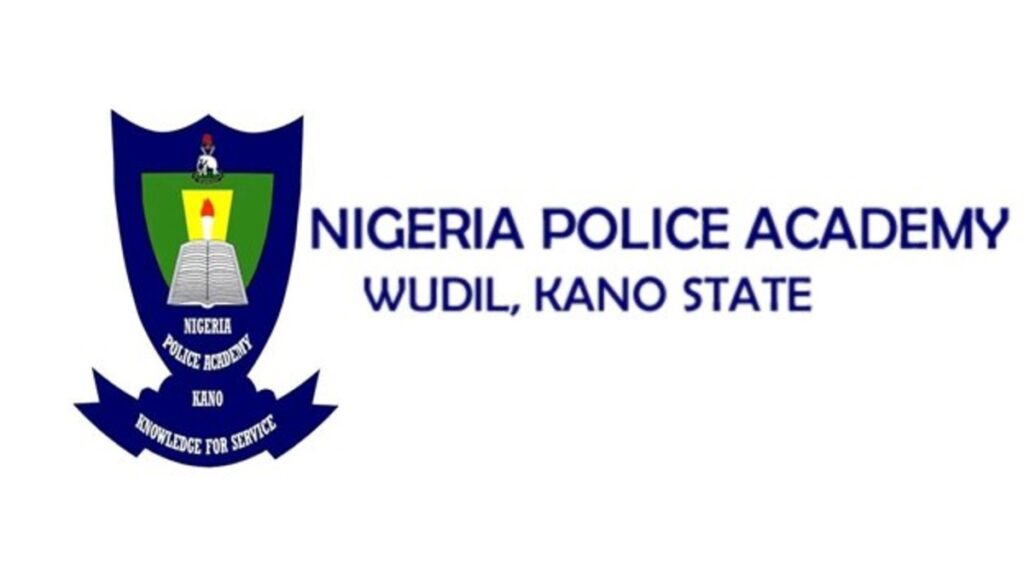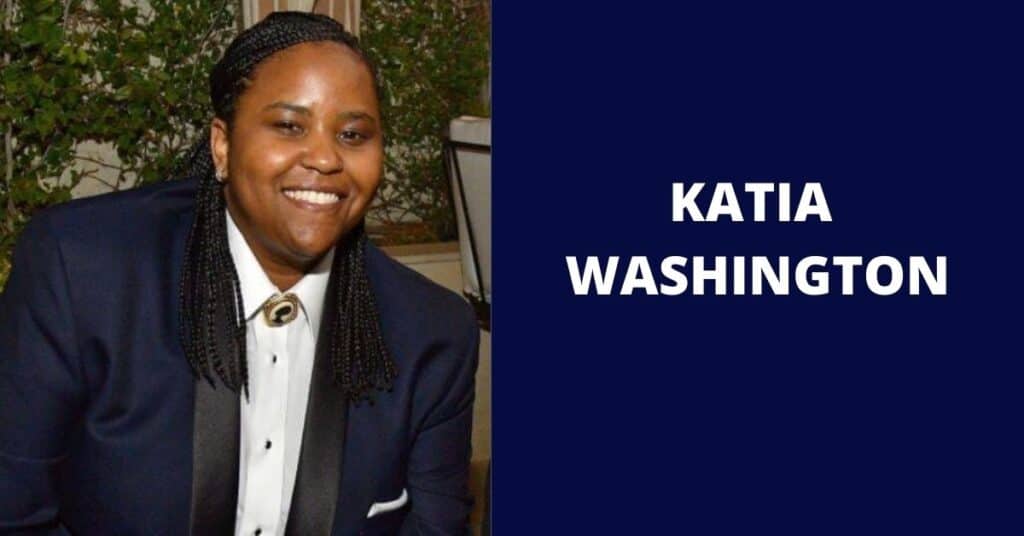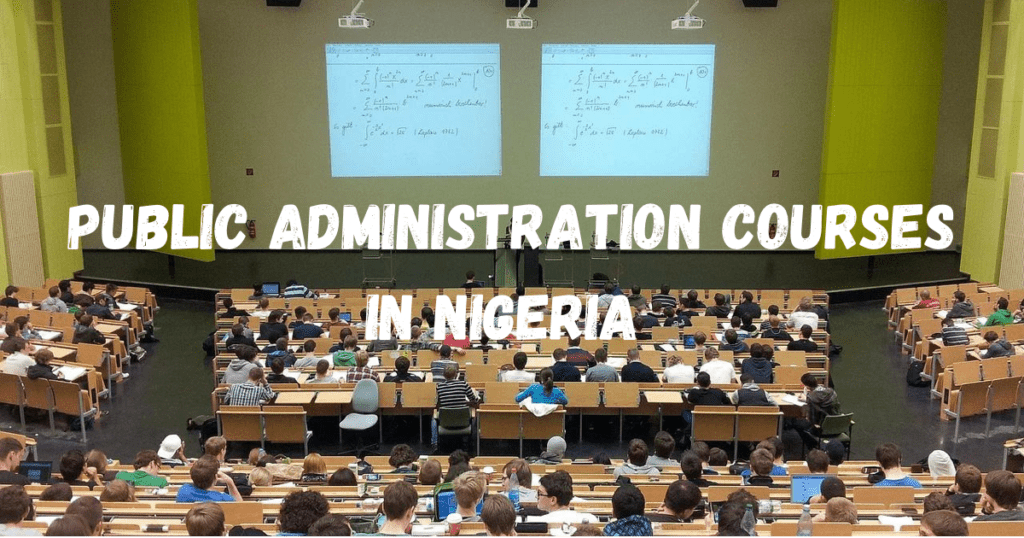The Nigeria Police Academy is a tertiary institution located in Wudil, Kano State, Nigeria. It is the premier police academy in Nigeria and is charged with the responsibility of training officers for the Nigeria Police Force.
The academy was established in 1988 and offers a 5-year degree program leading to a Bachelor’s degree in Law Enforcement, Criminal Justice, and related fields. Graduates of the academy are commissioned as Assistant Superintendents of Police (ASP) in the Nigeria Police Force.
The Nigeria Police Academy is one of the most prestigious institutions in Nigeria, and admission is highly competitive.
Also, check out the Standards Organization of Nigeria.
The academy has a reputation for producing well-trained and professional officers who are equipped with the knowledge and skills to tackle the challenges of policing in Nigeria.
The Different Types of Police in Nigeria
In Nigeria, there are several types of police that operate at various levels of government. Here are the different types of police in Nigeria:
Nigeria Police Force (NPF)
This is the primary law enforcement agency in Nigeria and is responsible for maintaining law and order throughout the country.
Nigerian Customs Service (NCS)
This is a paramilitary organization responsible for enforcing customs and excise laws, collecting customs duties and taxes, and preventing the smuggling of contraband goods.
Nigerian Immigration Service (NIS)
This is another paramilitary organization responsible for regulating the entry and exit of people into and out of Nigeria, as well as the issuance of travel documents.
Nigerian Security and Civil Defense Corps (NSCDC)
This is a paramilitary organization charged with the responsibility of protecting lives and properties, as well as maintaining law and order in Nigeria.
Economic and Financial Crimes Commission (EFCC)
This is a law enforcement agency that investigates and prosecutes financial crimes in Nigeria.
National Drug Law Enforcement Agency (NDLEA)
This is an agency responsible for enforcing drug laws and regulations in Nigeria.
State Police
Some Nigerian states have established their own police forces to complement the efforts of the Nigeria Police Force in maintaining law and order.
Special Anti-Robbery Squad (SARS)
This was a unit of the Nigeria Police Force that was disbanded in 2020 due to allegations of brutality and human rights abuses.
The Admission Process of the Nigeria Police Academy
The admission process of the Nigeria Police Academy is highly competitive and rigorous, and it involves several stages. Here is a breakdown of the admission process:
Purchase of the Application Form
Prospective candidates are required to purchase the Nigeria Police Academy application form online or from designated banks.
Entrance Examination
Candidates who meet the minimum requirements for admission are invited to sit for a computer-based entrance examination that tests their knowledge of the English Language, Mathematics, and General Knowledge.
Physical and Aptitude Test
Candidates who pass the entrance examination are invited for a physical and aptitude test, which includes running, push-ups, sit-ups, and other physical activities.
Selection Board Interview
Successful candidates are invited for an interview before the Nigeria Police Academy Selection Board, which is made up of senior officers of the Nigeria Police Force and other stakeholders.
Medical Examination
Candidates who pass the selection board interview are required to undergo a medical examination to ensure that they are fit to serve in the Nigeria Police Force.
Final Selection
The final selection is based on a candidate’s performance in all the stages of the admission process, including the entrance examination, physical and aptitude test, selection board interview, and medical examination.
Admission
Successful candidates are offered admission into the Nigeria Police Academy, and they are required to undergo a 5-year degree program leading to a Bachelor’s degree in Law Enforcement, Criminal Justice, and related fields.
The Training Process at the Nigeria Police Academy
The training process at the Nigeria Police Academy is rigorous and designed to prepare cadets for the challenges of policing in Nigeria. Here is a breakdown of the training process:
Orientation
Cadets are introduced to the academy’s rules and regulations and undergo rigorous physical and mental training to prepare them for the challenges of the training program.
Academic Training
Cadets undergo a 5-year degree program leading to a Bachelor’s degree in Law Enforcement, Criminal Justice, and related fields. The academic training covers a wide range of subjects, including Law, Criminology, Forensic Science, Psychology, and Police Science.
Practical Training
Cadets undergo practical training in various aspects of policing, including patrol, investigations, crowd control, and crisis management. They also undergo firearms training and defensive tactics training.
Internship
Cadets are required to undergo a one-year internship program in various police divisions and units to gain practical experience and learn about the day-to-day operations of the Nigeria Police Force.
Leadership Training
Cadets undergo leadership training to equip them with the skills necessary to lead and manage police personnel effectively.
Graduation
Upon completion of the training program, cadets are commissioned as Assistant Superintendents of Police (ASP) in the Nigeria Police Force and are deployed to various police divisions and units across the country.
Overall, the training process at the Nigeria Police Academy is designed to produce well-trained and professional police officers who are equipped with the knowledge and skills to tackle the challenges of policing in Nigeria.
Also, check out The Nigeria Young Farmers Network.
Nigeria Police Academy School Fees
The Nigeria Police Academy is a tuition-free institution, which means that students are not required to pay school fees. However, students are required to pay some fees and charges, including:
- Acceptance fee: This fee is paid by newly admitted students to secure their admission into the academy.
- Accommodation fee: Students are required to pay a fee for accommodation in the academy’s hostels.
- Utility fee: This fee covers the cost of utilities such as electricity, water, and waste disposal.
- Medical fee: Students are required to pay a fee for medical services provided by the academy’s medical center.
- Caution fee: This fee is paid by students as a deposit against any damages or losses that may occur during their stay in the academy.
The amount of these fees and charges may vary from year to year, and students are advised to check with the academy’s management for the current fees and charges. Additionally, students are also expected to bear the cost of their personal expenses, including feeding, clothing, and transportation.
Life as a Policeman in Nigeria
Life as a policeman in Nigeria can be challenging and demanding, but also rewarding. Here are some aspects of life as a policeman in Nigeria:
Duties and Responsibilities
Policemen in Nigeria are responsible for maintaining law and order, preventing crime, investigating and solving crimes, and protecting lives and properties.
They work in various capacities, including traffic control, patrol, criminal investigations, and special operations.
Working Conditions
Policemen in Nigeria work long hours and are often required to work overtime.
They work in all types of weather conditions, and their work can be physically demanding. They are also required to work on weekends and holidays.
Salary and Benefits
The salary of a policeman in Nigeria varies depending on their rank and level of experience. Policemen in Nigeria are entitled to benefits such as medical insurance, pension, and paid leave.
Training and Development
Policemen in Nigeria undergo continuous training and development to update their skills and knowledge. They attend various training programs, workshops, and seminars to enhance their professional development.
Challenges
Policemen in Nigeria face numerous challenges, including inadequate funding, equipment, and resources.
They also face security threats from criminal elements, including armed robbery, kidnapping, and terrorism.
Rewards
Policemen in Nigeria have the opportunity to serve their communities and make a positive impact on society. They also have the opportunity to rise through the ranks and advance their careers.
In summary, life as a policeman in Nigeria can be challenging, but it can also be rewarding.
Policemen in Nigeria play a vital role in maintaining law and order, protecting lives and properties, and promoting peace and security in the country.
Final Notes on The Nigeria Police Academy
In conclusion, the Nigeria Police Academy is a prestigious institution that provides world-class education and training for individuals who aspire to become police officers in Nigeria.
The admission process is highly competitive, and successful applicants undergo rigorous training in various aspects of policing to equip them with the skills and knowledge necessary to tackle the challenges of policing in Nigeria.
While life as a policeman in Nigeria can be challenging, it can also be rewarding, as policemen have the opportunity to serve their communities and make a positive impact on society.
The Nigeria Police Academy is a tuition-free institution, but students are required to pay other fees and charges, which may vary from year to year.
Before you go, check out The Nigerian Police Force Ranks and Symbols.








Pingback: Functions of the Nigerian Police Force | EntsToday